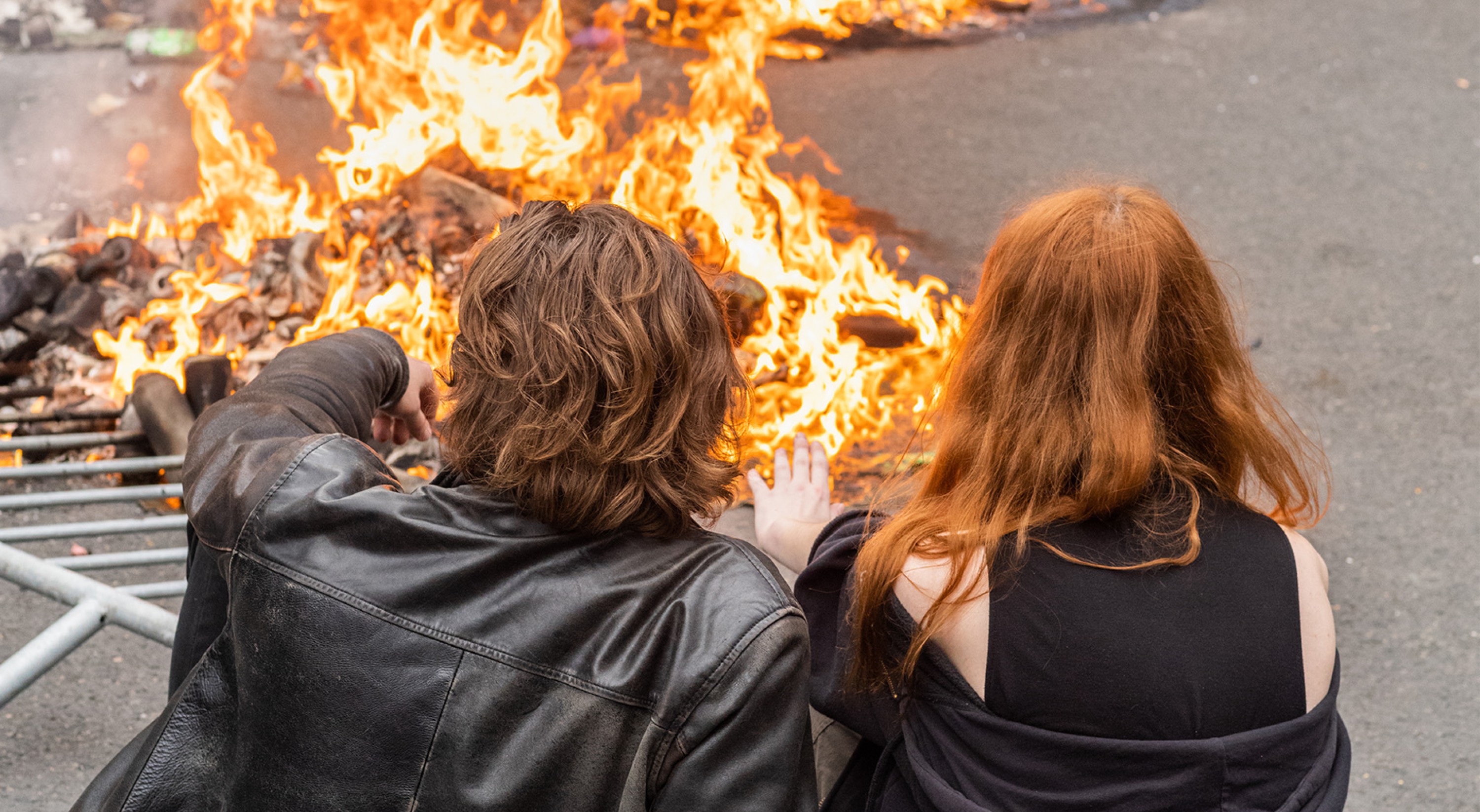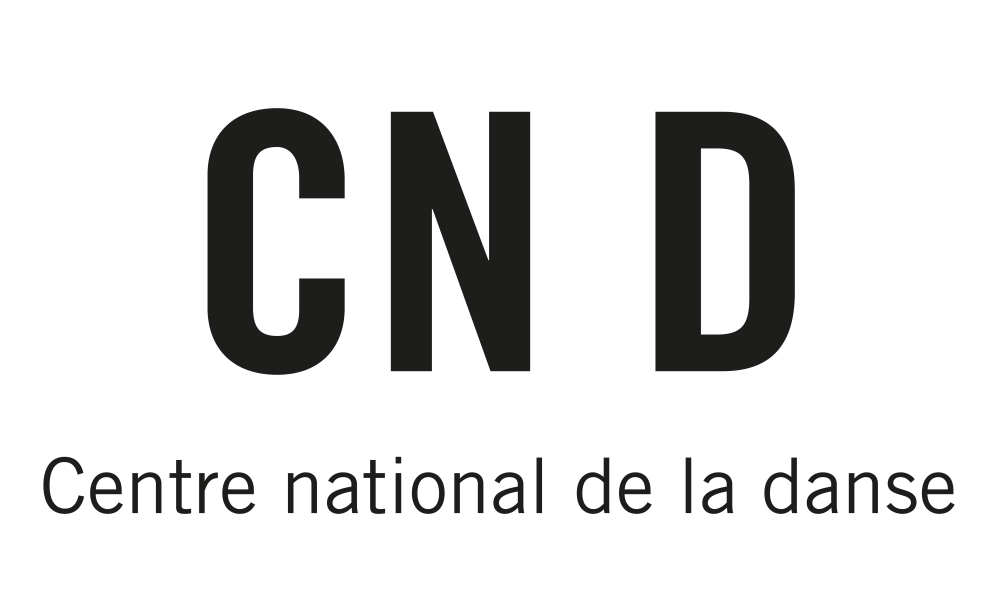Elsa Dorlin
Travailler la violence #3
novembernov 24 – 25
Fri. November 24
4 pm – 4:15 pm: Welcome and introduction by Elsa Dorlin
4:15 pm – 5 pm : From self-defense to the legitimacy of violence by Elsa Dorlin
5 pm – 5:45 pm: Ecocide and exploitation. Capitalism and the destruction of the earth's habitability by Paul Guillibert
5:45 pm - 6:15 pm : Break
8:45 pm – 7 pm : The children's conspiracy: Migration violence and children's self-defense by Camille Louis
7 pm – 7:45 pm: Translating violence by Maboula Soumahoro
Sat. November 25
3 pm – 3:15 pm: Introduction by Elsa Dorlin
3:15 pm – 4 pm: Colonial violence, violence of the colonized, non-violence. An attempt at deconstruction by Soumaya Mestiri
4 pm – 4:45 pm EN: Decompressor by Alireza Mirmohammadi and Maryam Ghiasi
4:45 pm – 5:15 pm : Break
5:15 pm – 6 pm : France - Overseas: reflections on a negotiated violence by Joao Gabriel
6 pm – 6:45 pm : Conversation with Alice Diop
6:45 pm – 7 pm : Concluding remarks
Seminar presented at the invitation of Gisèle Vienne
With the Festival d'Automne à Paris
How can we work on violence? How can we put into perspective, stage and retell it? How can we tear it to pieces? The purpose of this two day-long series of encounters, put together by the philosopher Elsa Dorlin, will be to update what critiques of violence teach us and to make an inventory of the various weapons of violence collected.
Travailler la violence #3 continues the work begun in 2021 and 2022 at the CND (Centre national de la danse), in conjunction with the Festival d'Automne, bringing together research on the subject of violence and the issue of its objectification. By analyzing, chronicling, processing and criticizing violence, we are reasoning by dissonance. We thwart, undo, and deconstruct it. In return, we manufacture perceptions, consciousness, concepts and visions, from down below, at ground level, of inner worlds, in the form of historical positivities, and carnal densities. We open, relay and revive conflict. During these two days of encounters, we will be grasping the know-how inherent in these different forms of contemporary criticism, and mapping it out. We will look into the art of the everyday, flesh and fiction, concept, languages and life, as well as the art of storytelling, archives and choirs. From out of it, we will be seeking to build up an inventory of the various weapons we have collected and the forces behind them. In philosophy, history, history of art and in contemporary creation, literature and sociology, what can we learn from critiques of violence?
See also

